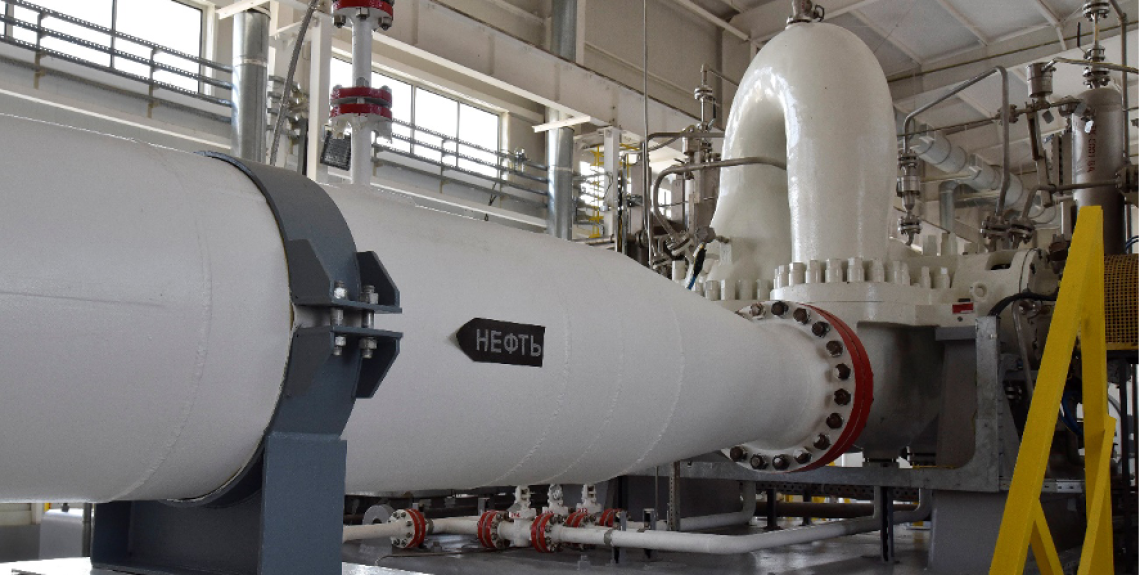The effects of Russia-Ukraine war begin to affect some Central Asian countries, like Kazakhstan, which have strong political, trade and energy relations with Moscow. Even if Kazakhstan can benefit of different oil export routes, the condition of instability along the Black Sea and Russian influence in the national energy sector could undermine Kazakh regular oil exports, which accounts for 15% of the national GDP and almost 60% of total exports.
Kazakhstan is the biggest oil producer among post-Soviet countries: in 2020 this country produced 1,8 million barrels of oil per day, more than twice of Azerbaijani production (BP Statistical Review of World Energy 2021, p.18). Since independence, this relevant oil production has allowed Kazakhstan to successfully develop a strategy of geographic diversification of its export routes (both westward and eastward), originally aimed at reducing its reliance on the transit through Russian infrastructures. However, compared to other post-Soviet Caspian oil producers such as Azerbaijan and Turkmenistan, Russia’s role appears more influent in the Kazakh energy sector: as a matter of fact, the Caspian Pipeline Consortium, from the Tengiz oil field to the Russian Black Sea port of Novorossiysk, and the Uzen-Atyrau-Samara pipeline to Russia still represent the main vectors of Kazakh oil exports.
Following the Russia-Ukraine war, the transit of oil tankers in the Black Sea – from the Russian oil terminal at Novorossiysk – is potentially threatened by a condition of dangerous instability, which could freeze Kazakh oil exports along this route, also considering the proximity to the Ukrainian port of Mariupol (just 200 kilometres), ravaged by Russian bombings. Furthermore, we should also consider that the Ukrainian port of Odessa is one of the main destinations of Kazakh oil – which is then delivered to EU markets – and if the city becomes target of Russian military action this oil route will be necessarily interrupted. In addition to the potential halt of oil supplies because of this instability scenario, also the Western sanctions could affect CPC’s pipeline regular operation: within CPC pipeline consortium, Russian state firm Transneft holds 24 percent and subsidiaries of sanctioned Russian oil giants Lukoil and Rosneft together hold another 20 percent (David O’Byrne, Ukraine war threatens Kazakh oil exports, Eurasianet, March 7, 2022).
In order to preserve its energy security and its access to the markets, Kazakhstan should increase its oil exports through the two existent alternative routes: the Sino-Kazakh oil pipeline (from the Atyrau oil terminal on the Caspian Sea to Alashankou on the Chinese border in Xinjiang) holds a strategic feature as the only overland oil pipeline which does not transit in Russian territory, but at present this eastward route accounts on 30 percent of Kazakh oil exports. Since its inauguration if 2006, the Baku-Tbilisi-Ceyhan Limani pipeline has represented a concrete option of export diversification, allowing Kazakh government to deliver oil by tankers across the Caspian Sea from the Aqtau port to the Azerbaijani port of Baku, then shipped by pipeline crossing Georgia and Turkey before to reach Mediterranean markets. BTC has a nominal capacity of 1,2 million barrels of oil per day, but nearly half of this capacity is not used, so allowing Kazakhstan to potentially divert its oil exports to this alternative route – if transit along Russian routes become unfeasible – achieving the double goal to enhance its energy security and to support EU efforts to increase oil supplies which are not under Russian control.




















